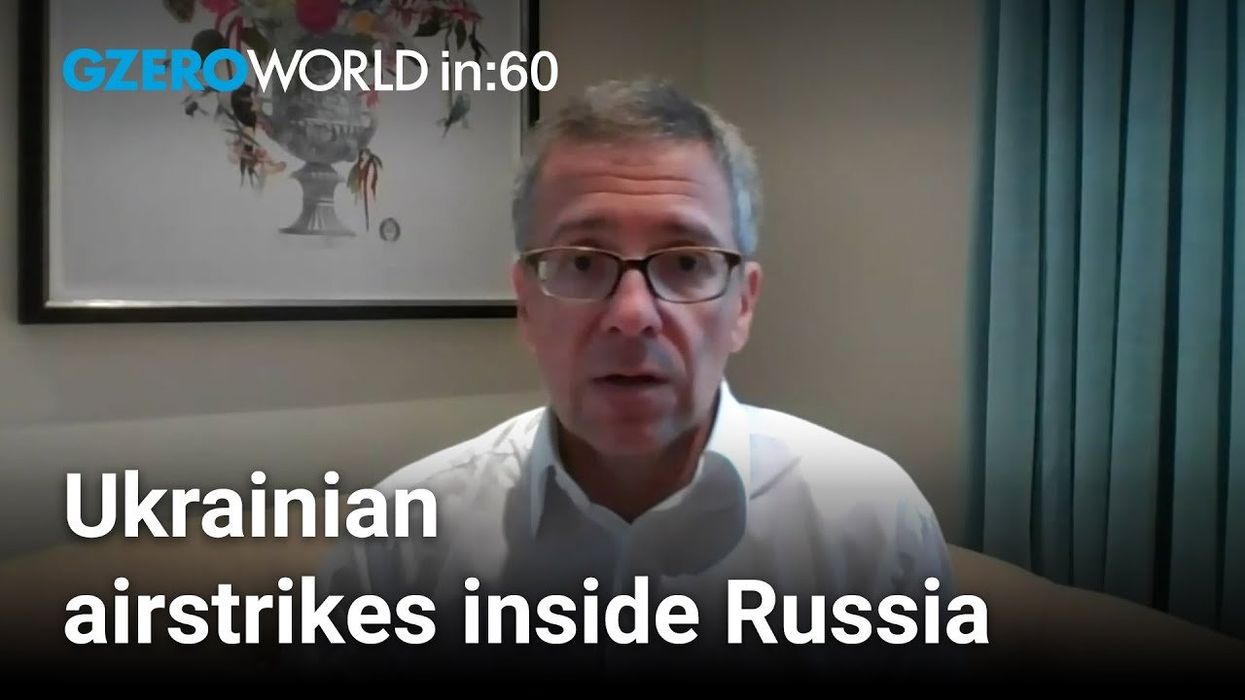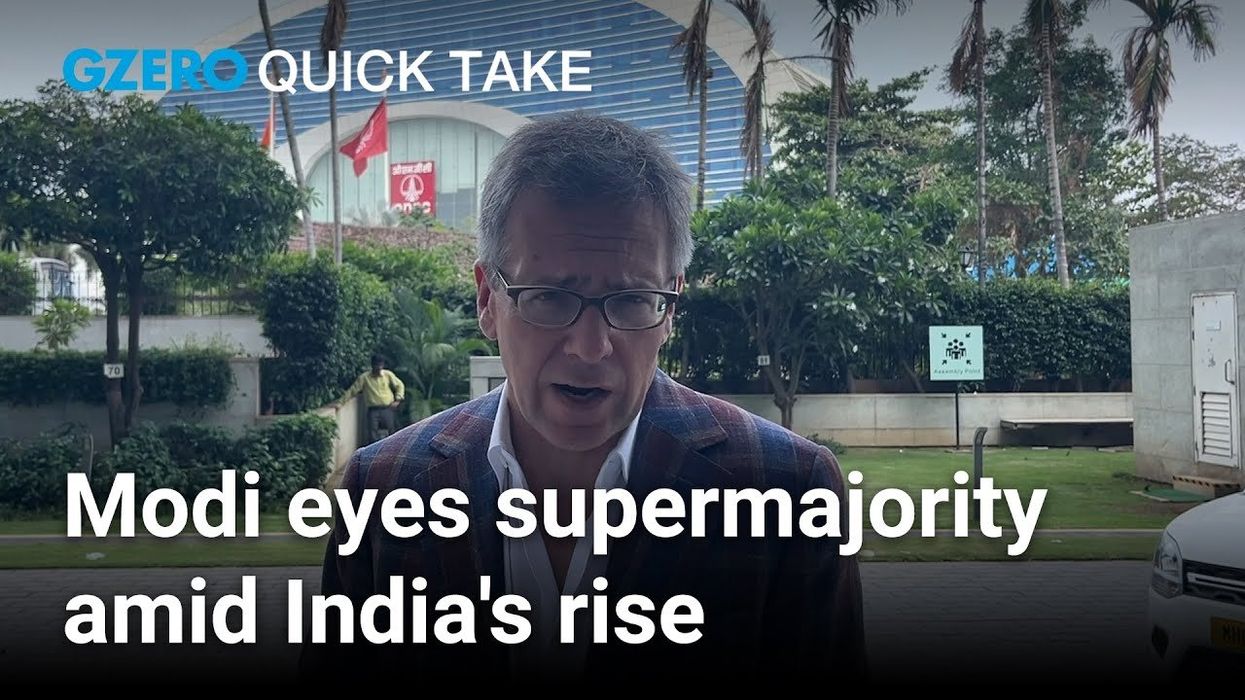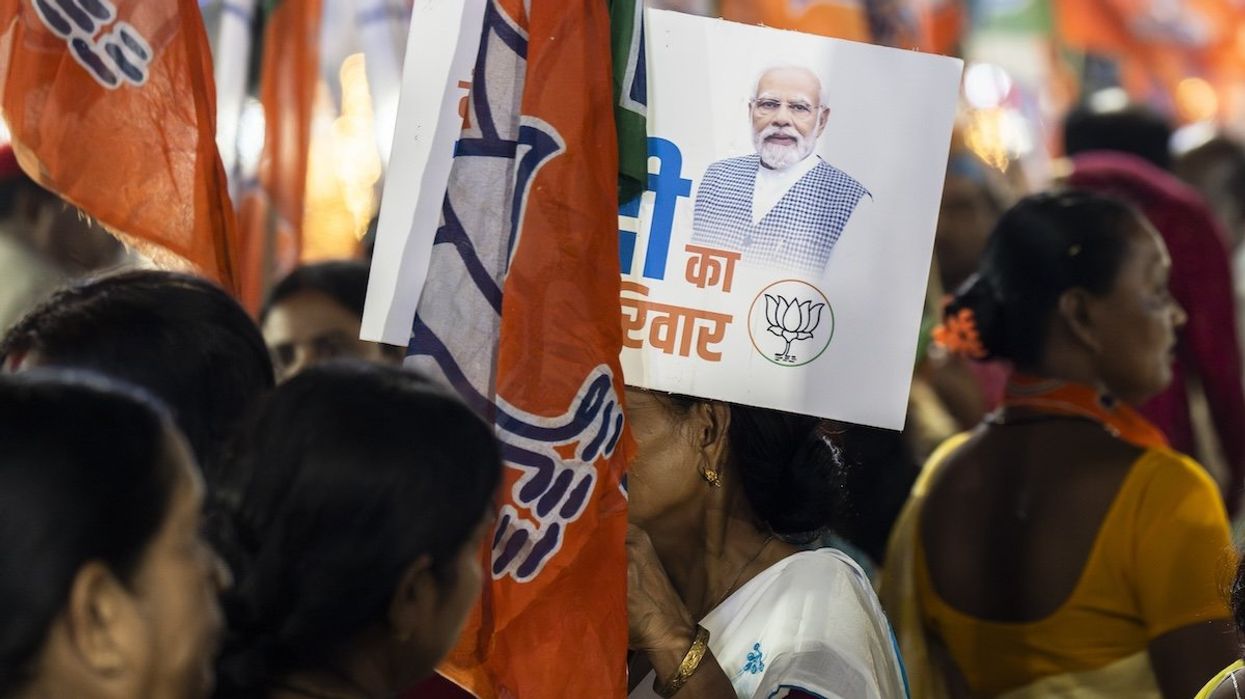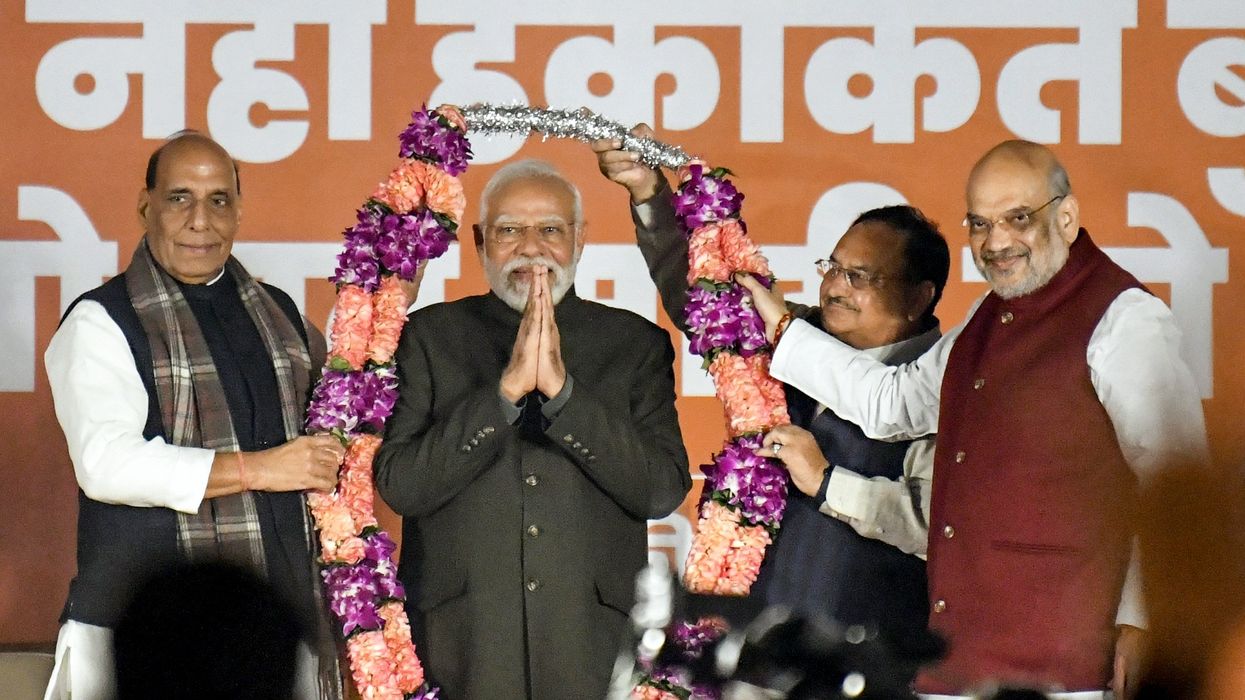ask ian
Will Ukrainian airstrikes inside Russia shift the war?
Will Ukrainian airstrikes inside Russia shift the war? What is the likelihood that Israel and Hamas will agree to Biden's proposed cease-fire deal? What is the likelihood that Israel and Hamas will agree to Biden's proposed cease-fire deal? Ian Bremmer shares his insights on global politics this week on World In :60.
Jun 07, 2024




